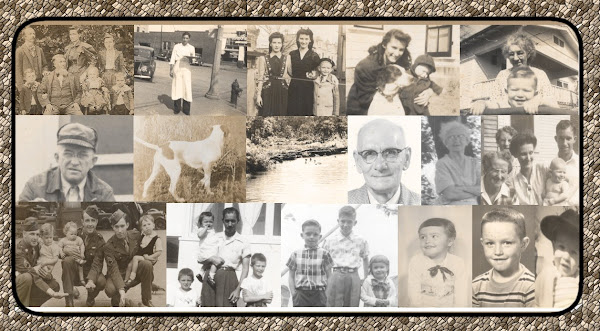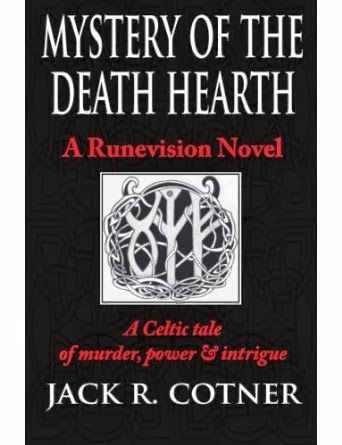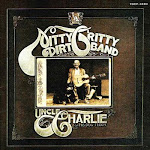
This is from a black and white pen and ink rendering I did in 1989. I later inked it with color and used it as a Christmas card. Five years later, I digitized it, added snowflakes, shrunk the image, printed multiple copies and used them as name-cards on holiday presents. The image eventually made it onto a poster advertising my holiday art displays and is part of The Cotner Collection Poster series. Here’s a version once again as a holiday greeting. Have a safe, warm and joyous Winter Season.















